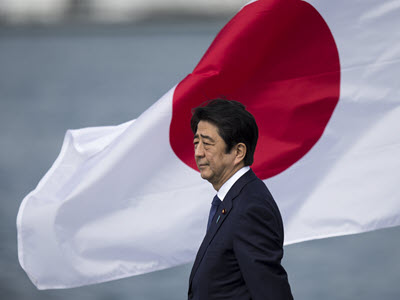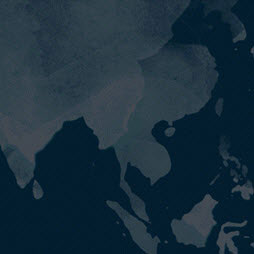Podcast from the Strategic Asia Program
Shinzo Abe’s Political Legacy and Influence on Japan's Geostrategic Role
In this episode of Asia Insight, Christopher Hughes and Yuka Koshino join moderator Michael Wills for a discussion of the political legacy of former Japanese prime minister Abe Shinzo as Japan prepares for the state funeral, which is set to take place on September 27.
Christopher W. Hughes is Professor of International Politics and Japanese Studies at the University of Warwick. He has held visiting professorships at Harvard University, the University of Tokyo, and Waseda University. He is the author of numerous publications and books, including Japan’s Foreign and Security Policy Under the ‘Abe Doctrine’ (2015) and his latest book Japan as a Global Military Power: New Capabilities, Alliance Integration, Bilateralism-Plus (2022).
Yuka Koshino is a Research Fellow for Security and Technology Policy at the International Institute for Strategic Studies (IISS). She was previously affiliated with the Asia-Pacific Initiative in Tokyo as the inaugural Matsumoto-Samata Fellow (2020–21). Prior to joining IISS, she worked at the Center for Strategic and International Studies. She is the co-author with Robert Ward of the book Japan’s Effectiveness as a Geo-Economic Actor: Navigating Great-Power Competition (2022).
Timestamps
[3:14] How has Abe’s assassination affected Japan’s domestic politics? Has it affected the Kishida administration’s view of its political outlook and policy priorities?
[5:05] In terms of the domestic political outlook, does Kishida face any headwinds or potential challenges that may affect his position as the prime minister?
[9:14] Who are some of the potential leaders that might emerge from Abe’s faction within the Liberal Democratic Party (LDP)? Will the faction stay together as a unified group or potentially splinter?
[11:49] Given Japan’s decades-long economic stagnation, as well as the global impacts of the Covid-19 pandemic and the war in Ukraine, how do you think the Kishida administration will approach Japan’s economic growth? Does Kishida have a plan beyond Abenomics?
[16:58] Given Kishida’s more dovish reputation within the LDP, in 2023 do you expect Kishida to follow a similar path to Abe in terms of foreign policy or diverge from his legacy?
[23:03] How is Tokyo looking at relations with Moscow? How will Tokyo manage Japan-Russia relations through the remainder of the war in Ukraine and in an eventual postwar environment? Has Russia’s invasion of Ukraine fundamentally changed Japan’s ability to work with Russia in the future?
[25:47] Do you think that Tokyo will have to take a tougher line toward China, given the intensification of challenges that China is posing to its neighbors and deepening China-Russia relations?
[30:01] What do you expect will be signaled and prioritized within Japan’s new National Security Strategy, particularly in terms of military capabilities? What would you like to see included?
[35:48] How will Japan work on its economic relationships with Australia, India, the United Kingdom, and the European Union? What can we expect from Kishida in terms of Japan’s role in geoeconomic relationships with other democratic powers that will affect the Indo-Pacific?
About Asia Insight
The NBR podcast series Asia Insight features interviews with top Asia experts about key issues affecting the Indo-Pacific region, with a focus on implications for U.S. policy and businesses. Subscribe to Asia Insight on Podbean and Apple Podcasts and let us know what you think of the podcast on Twitter.
Media Contact: [email protected] or (202) 347-9767.
Asia Insight theme music is by Laura Schwartz of Bellwether Bayou.
This podcast was edited by Sandra Ward at NBR.



